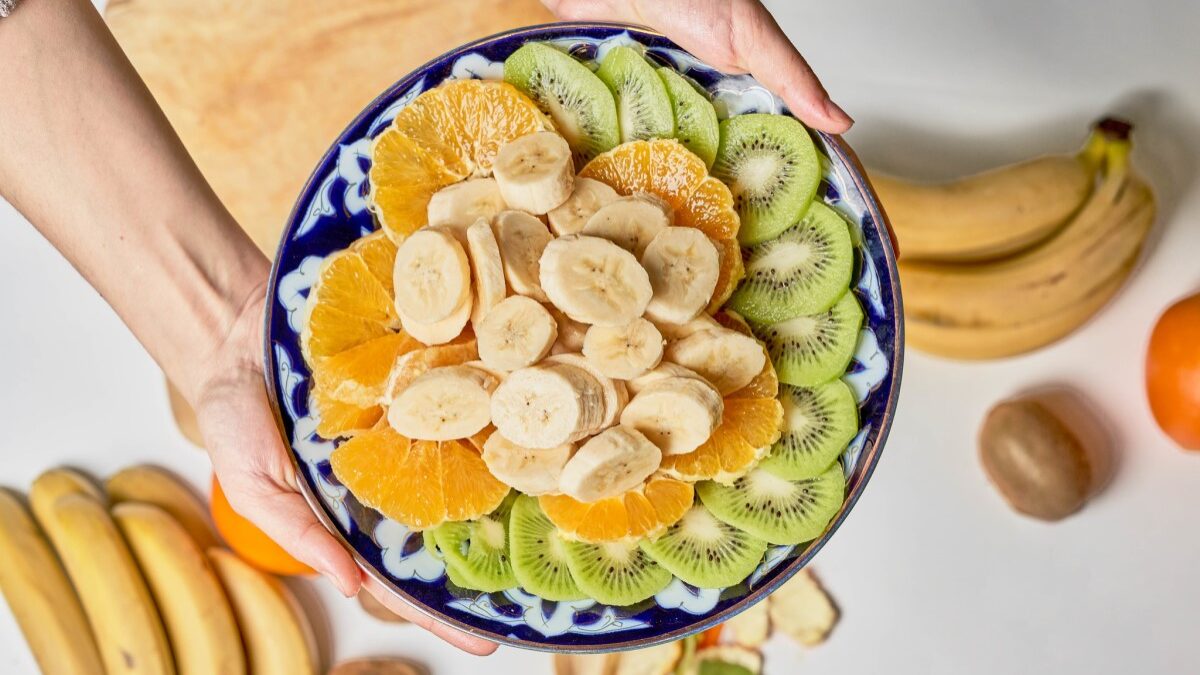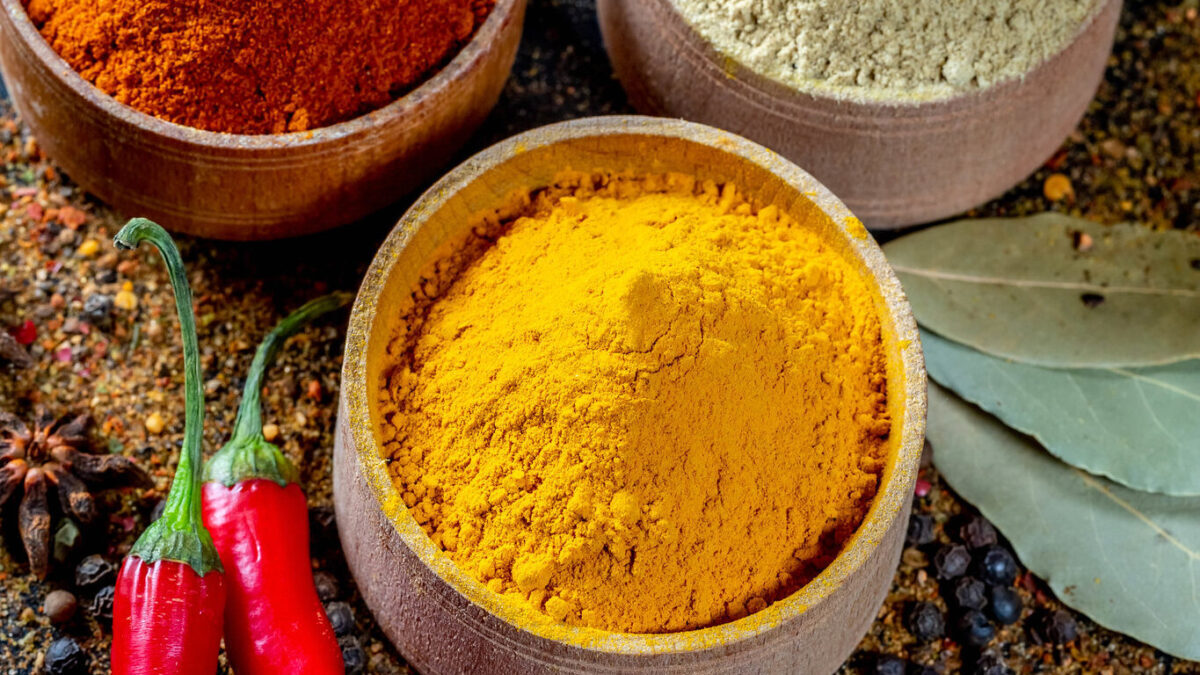
Since the gluten-free fad went big, there’s been lots of talk about whether it’s good or bad for your health. The same discussions have sprouted for the variety of food fads, whether it’s paleo, Whole 30, clean eating, or whatever else people dream and sex up. What is not as well discussed is whether developing and maintaining idosyncratic food tastes is selfish, given that eating is often a social activity and many — if not most — social activities involve food.
While of course some people have real and serious food allergies, they, like the number of people actually allergic to gluten, are a tiny minority. Approximately 8 percent of children have a food allergy, and of that number nearly 40 percent have serious reactions. That means about 3 percent of kids have a serious reaction to some allergen. Only 4 percent of American adults have a food allergy (many grow out of it and the allergy rate is increasing, so more prevalent among young people), and even fewer have serious allergic reactions. These numbers may seem surprisingly small compared to your social experience, as it is mine. Nowadays it seems every family has some weird food thing they’re doing.
But we’re not talking here about people who need an Epi-Pen injection if they come into contact with shellfish. Those people get a pass. Unless they’re as horribly self-centered as this recent UK graduate who is applying for a public sinecure because she can’t get a job — because she demands that all coworkers stop eating nuts and has so far pursued work in large offices, where that has proven logistically impossible.
“Doctors have advised me to go and work in a small office based environment with a compact team who can all be made aware of my situation, it’s quite sad that I have to limit myself so severely because of a food allergy,” 21-year-old Rachel Koy told a student newspaper. “People say why don’t you just work from home but I want to be in a dynamic and engaging environment. I have a 2.1 degree and I should be allowed to make the best of myself.”
Alright, people like that do not get a pass, but thankfully most allergy sufferers are considerate about other people. So here we’re talking about people who eat special diets for lifestyle reasons, and therefore ask fellow eaters to make special arrangements to accommodate their preferences. That would be, for example, the third of Americans who limit gluten intake (although only 1 percent are celiacs), third of millennials who prefer vegan, 13 percent of Americans who limit meat, and 13 percent who limit dairy. Between 1 and 3 million Americans considered themselves paleo eaters in 2013, and millions more are into all kinds of other diet trends, which change constantly.
Because diet is such a difficult thing to study, nearly all food preferences have no scientific backing and are therefore based on taste, which is actually quite malleable and psychosomatic. Sorry, not sorry, all you “I’m gluten-free for my health” people. Grains are good for you. (And so is fat and dairy and red meat. Yes, Virginia, there is a God.)
The Line Between Picky and Rude
This behavior burdens others, especially those who serve them food. Australian chef Patrick Friesen posted a rant to his Instagram account recently about the trend of customers at his award-winning restaurant claiming allergies that were really just picky food preferences. Accompanying it was a photo of food orders teeming with special requests.
The more people who don’t really need accomodation demand it, the more dangerous eating can become for those with life-threatening allergies, because the cooks can only manage so much special treatment. As The Daily Telegram wrote:
Friesen posted the rant out of frustration because his mother — a coeliac disease sufferer — has a genuine intolerance to wheat, rye, barley and oats. Despite the fact most of the city’s top restaurants offer gluten-free and allergy-aware dishes, Friesen said his kitchen is still inundated by diners demanding a growing list of customised dishes… ‘And for the kitchen it can be torture. Especially when we have real allergies to be concerned about.’
Maria Said, of Allergy & Anaphylaxis Australia, says the huge spike in customised cooking has led to a watered-down kitchen culture where cooks can become complacent to genuine, life-threatening allergies.
If it’s that bad for a world-class chef, just consider what a strain such demands can be on ordinary home chefs and hosts who just want to provide for a comfortable social time to build relationships and find that simple objective filled with unforseen — and completely unnecessary — obstacles.
“Sometimes it does get a bit . . . much,” one mom penpal told me. “Especially when you have multiple people all with different problems. I once tried to throw a kids’ birthday party and one guest was gluten-free, one was dairy-free, one allergic to tomatoes, one could not have eggs, one sensitive to corn, one vegetarian.”
Is This About the Common Good or Imposing My Will?
Let’s be real here. Many moms groan inwardly when our playgroup or classroom goes nut-free for everyone because one kid out of 50 has an allergy. Previously, schools typically handled this situation with minimal disruption to the community by asking the special-needs child to sit in a contained area, such as the teacher’s lounge, and have fellow students wash hands carefully after eating, or to have an adult supervise the special child’s eating time to protect him. Win-win.
But now rather than asking those with special needs to accomodate their community as it accomodates them, we instead ask everyone to rearrange their lives to accomodate the exception. We’ve gone from an others orientation to a self orientation, from focusing on our giving to focusing on what we’re getting. The hallmark of politeness used to be putting other people’s needs and desires before our own. Self-sacrifice was the hallmark of a real gentleman or lady, as well as a person of high character.
In those days of the golden rule, a person like Koy would graciously choose a career with less contact with people, so that she would impose upon others less. She would take it upon herself to notice when people nearby were eating peanuts and avoid contact, politely explaining her need to do so if necessary.
Instead, today she demands the right to impose herself on everyone with whom she comes in contact, demanding that others be inconvenienced so she need not be. Her needs and desires reign supreme. The exception rules. Therefore those with more problems gain social power by virtue of their ability to control others’ behavior and attention, which leads to more people discovering they suddenly have problems. It’s the victimhood olympics transposed onto health.
Our Tastemakers May Be the Most Corrupt
There’s one more strand to bring in here. Food fetishes seem clustered at the top of the economic spectrum and among millennials, who often live more luxuriously than their college debt complaints suggest possible. Not only can the upper-middle-class better afford the high prices of picky diets and food substitutes, for them it is seen as a marker of a certain lifestyle, as Charles Murray pointed out in “Coming Apart.” In other words, food choices are a way of virtue signaling.
Now, again historically, society placed greater expectations on those with greater advantages in life. The well-off were expected to be especially good at looking out for others’ interests and subordinating their own desires to the common good. This was often called “good breeding.” It had nothing to do with genetics, and everything to do with carefully developed good character. Even a poor person could have good breeding.
Of course a wealthy person is more likely to enjoy broccoli and know what to do with kale. He has had social advantages a poor person has typically not. Rather than obsessing about his own tastes and holding to them fixedly he should be more willing to suspend them when necessary to make situations more comfortable for others. Drinking a Bud Light won’t kill you, after all. Not drinking one while cheerfully letting that fact go unremarked while everyone else drinks them won’t, either.
After all, what’s more important: generosity, service, and regard for the people around you, or getting precisely what you want to eat every time you open your mouth? After all, “it is not what goes into the mouth that defiles a person, but what comes out of the mouth; this defiles a person.” The ability to put others before oneself used to be the hallmark of a true elite, because elitism was judged by objective moral standards that apply to all equally. Nobility was not merely a feeling, style, or a taste. It was an objective set of timeless criteria that included, as its apex, sacrificing oneself on behalf of others, in ways big and small.
It’s Up to You to Be the Big Person
There’s not much we can do besides with our children, however, to encourage other people to stop being so self-centered about what they eat. And while, thanks to some rough personal experiences, I know very well about the importance of setting good personal boundaries and not becoming a doormat for domineering people, including the more extreme kinds of organic and other food snobs. But food is usually such a comparatively small thing that I think the right general response to people’s food hangups is not to lecture them, but to serve them. To be inconvenienced and made to spend another hour on one’s menu rather than forget the social event or the friendship altogether.
Other people’s selfishness can be an opportunity to respond with service. That is the response of a person of character.
Again, to a point. You are not obligated to cater to non-family fussbudgets unless you decide their companionship is worth the trouble. If you have a friend who is so food obsessed that she can hardly eat anything she hasn’t spent hours making yourself, it may be time to ask about underlying emotional issues, if your relationship is good enough. Food obsessions can lead to real and dangerous disorders like bulimia and anorexia. Real friends do ask tough questions when necessary.
People who are administrators of schools and workplaces may decide to weigh the common good against a helicopter mom’s desire to ban for everyone all foods her child can’t eat. But petty, transient fussiness, like a friend who is gluten-free but doesn’t need to be, is not that hard to work around, and a true friend, as well as a truly noble person, is the one who decides to bear with another person’s minor self-obsession.
To that end, with the help of some friends who are more advanced than I have been at learning to cook to please and serve those with special needs or picky habits, I offer a companion selection of tasty gluten-free, dairy-free, vegetarian, and related dishes.









